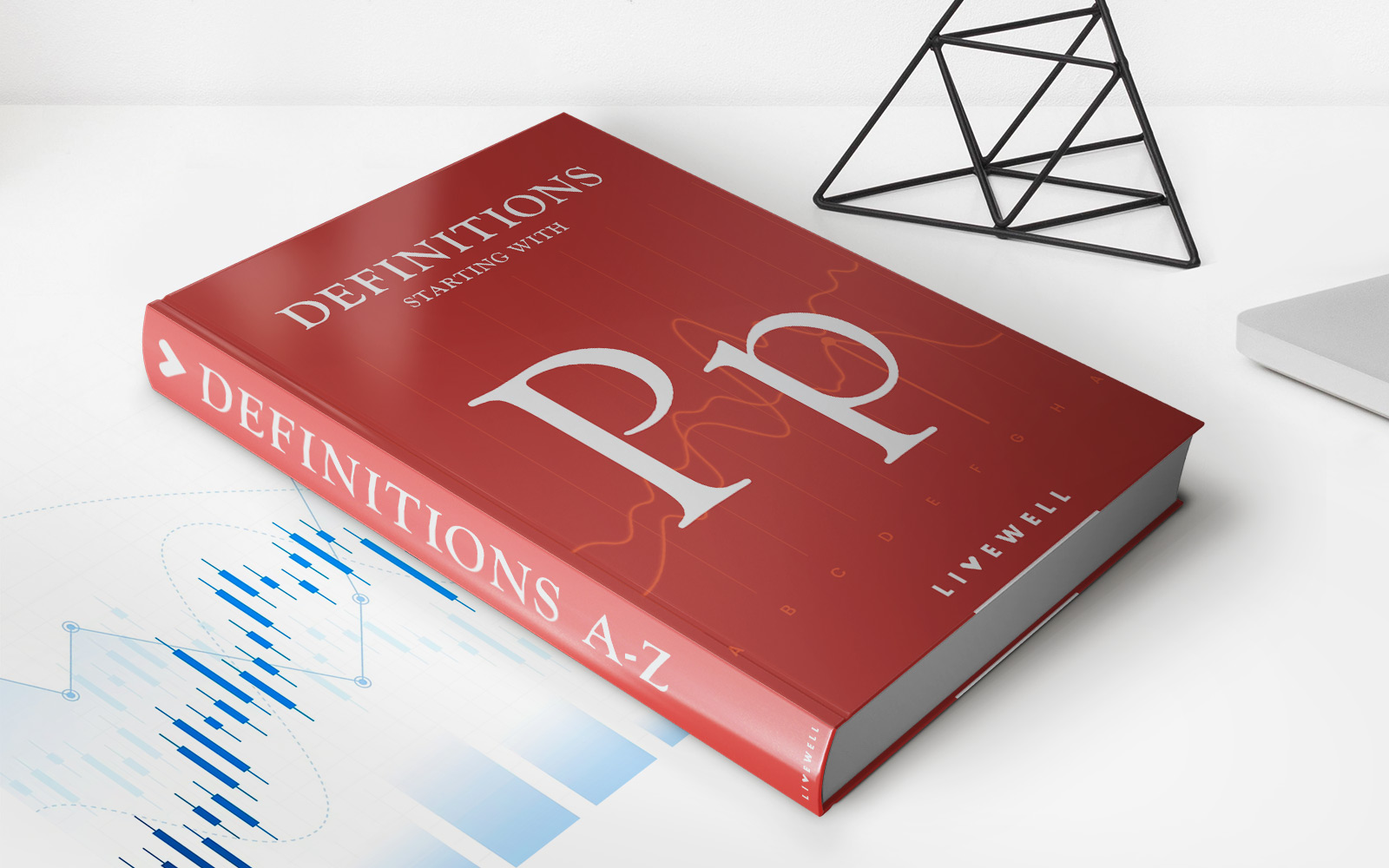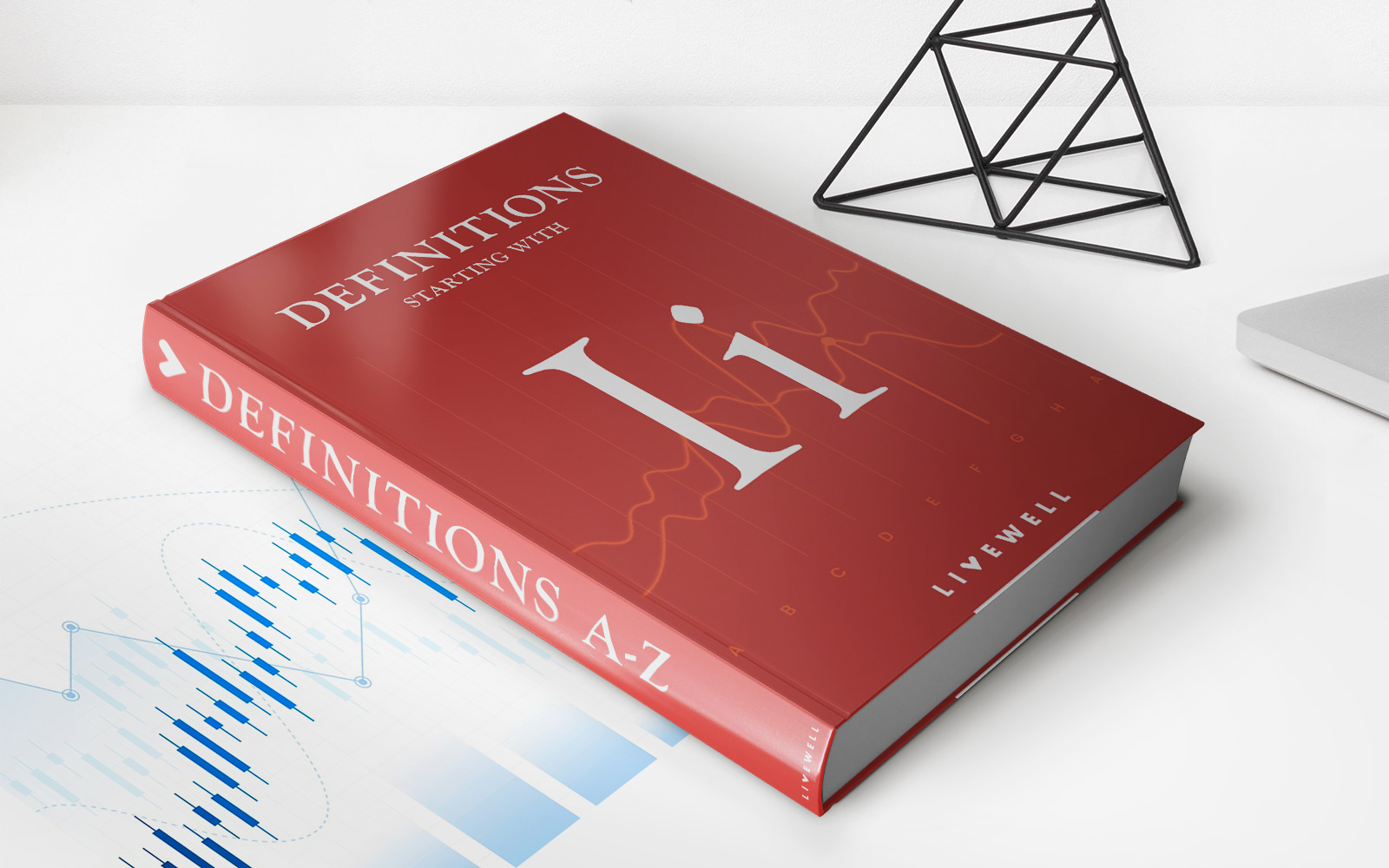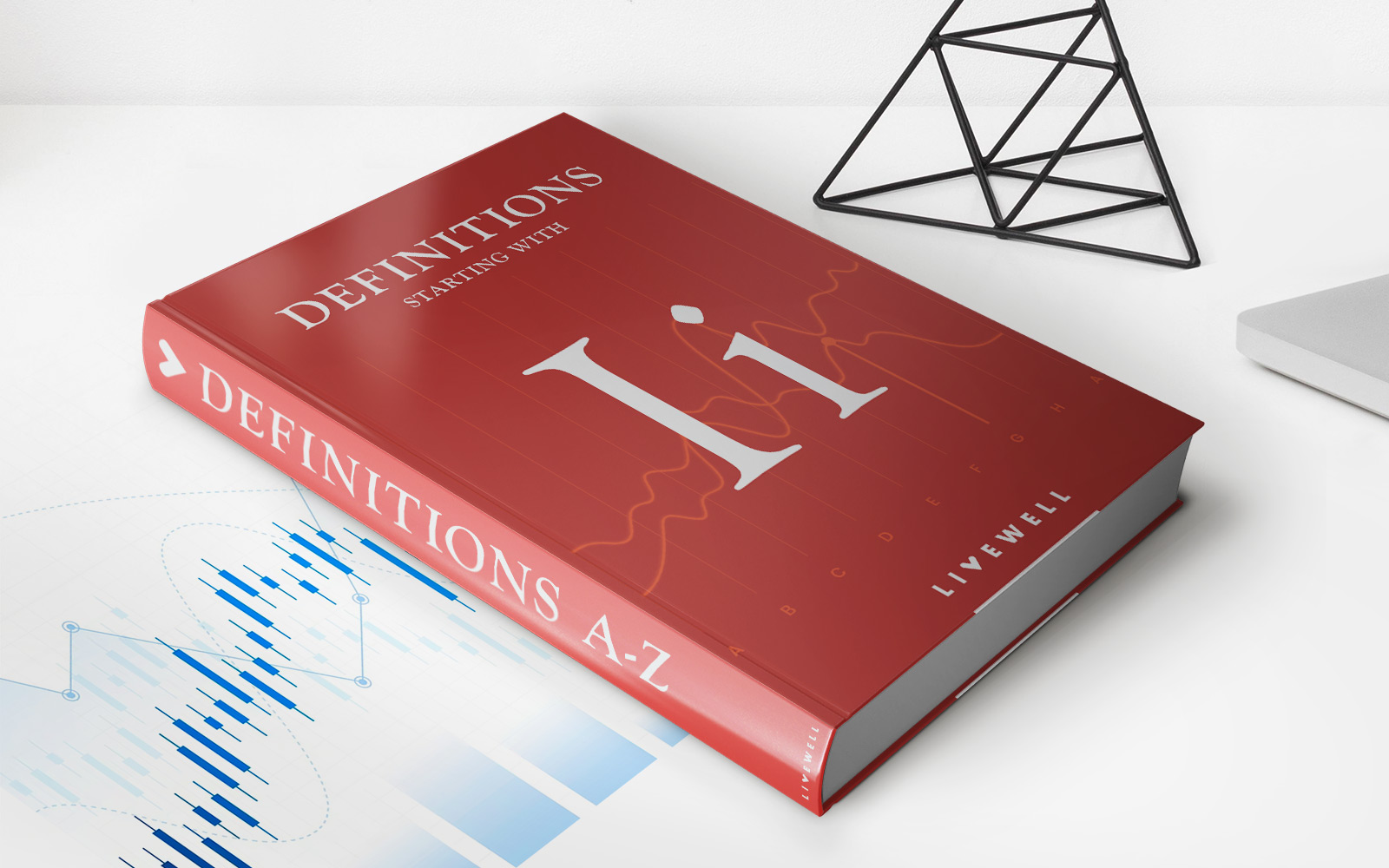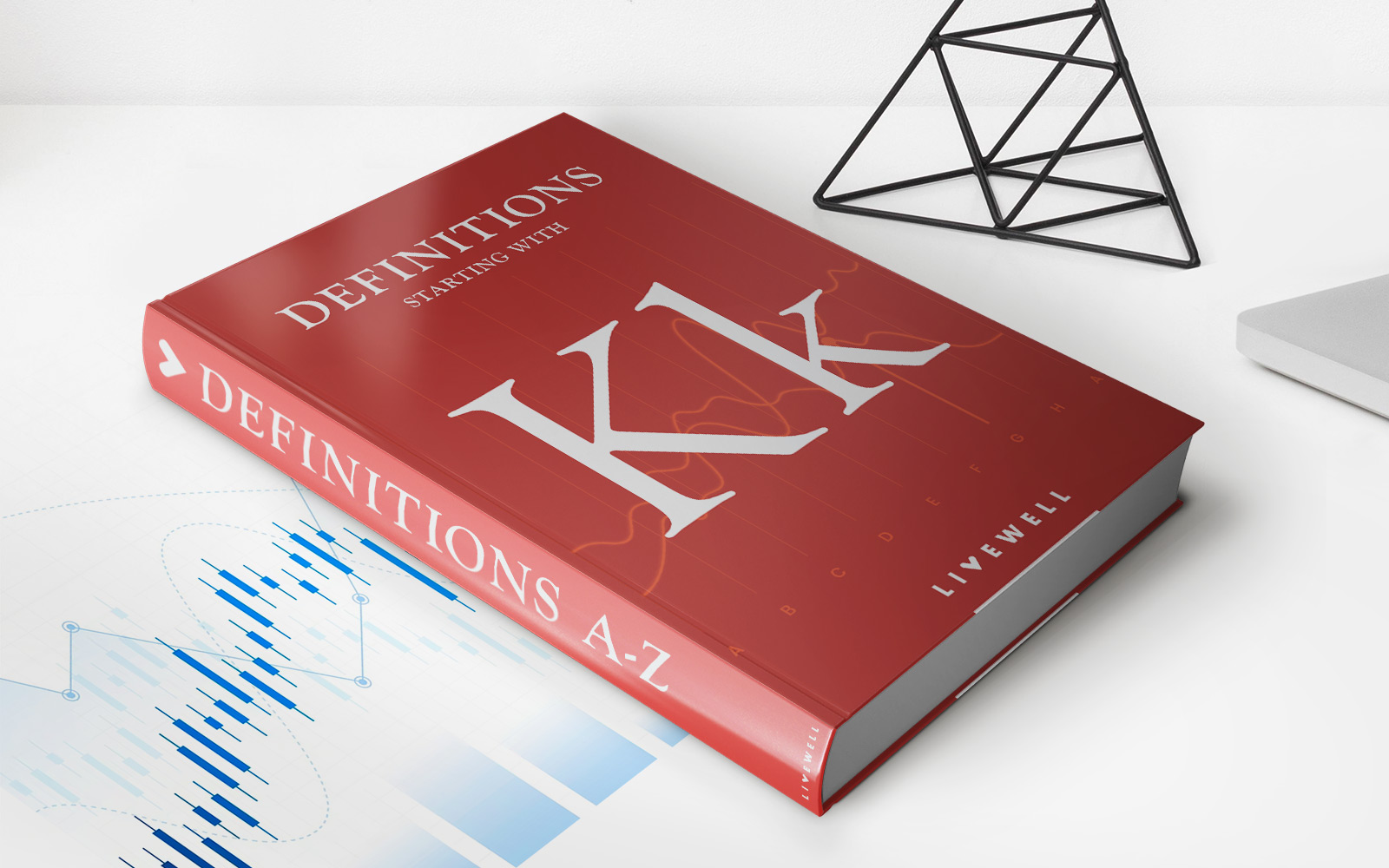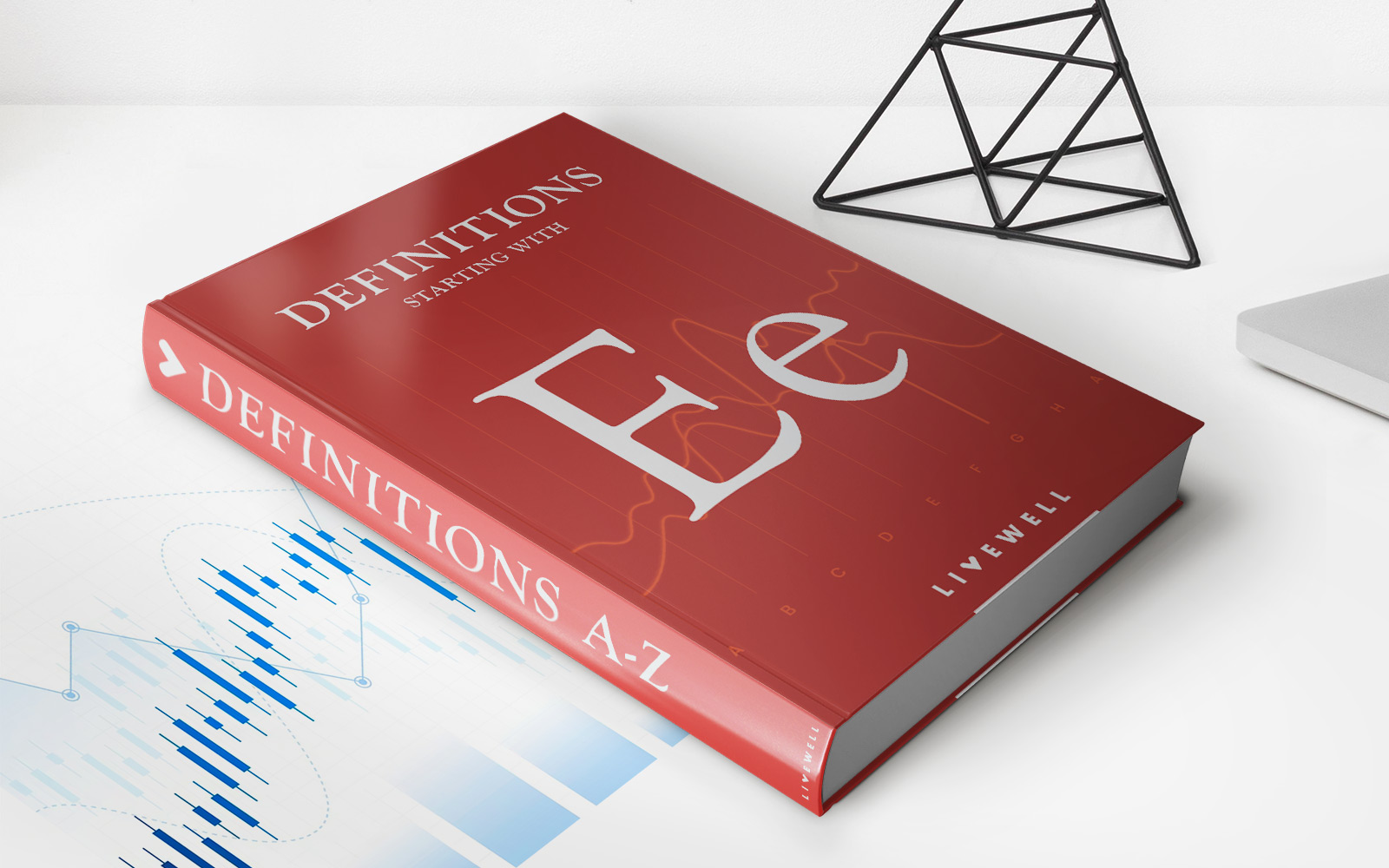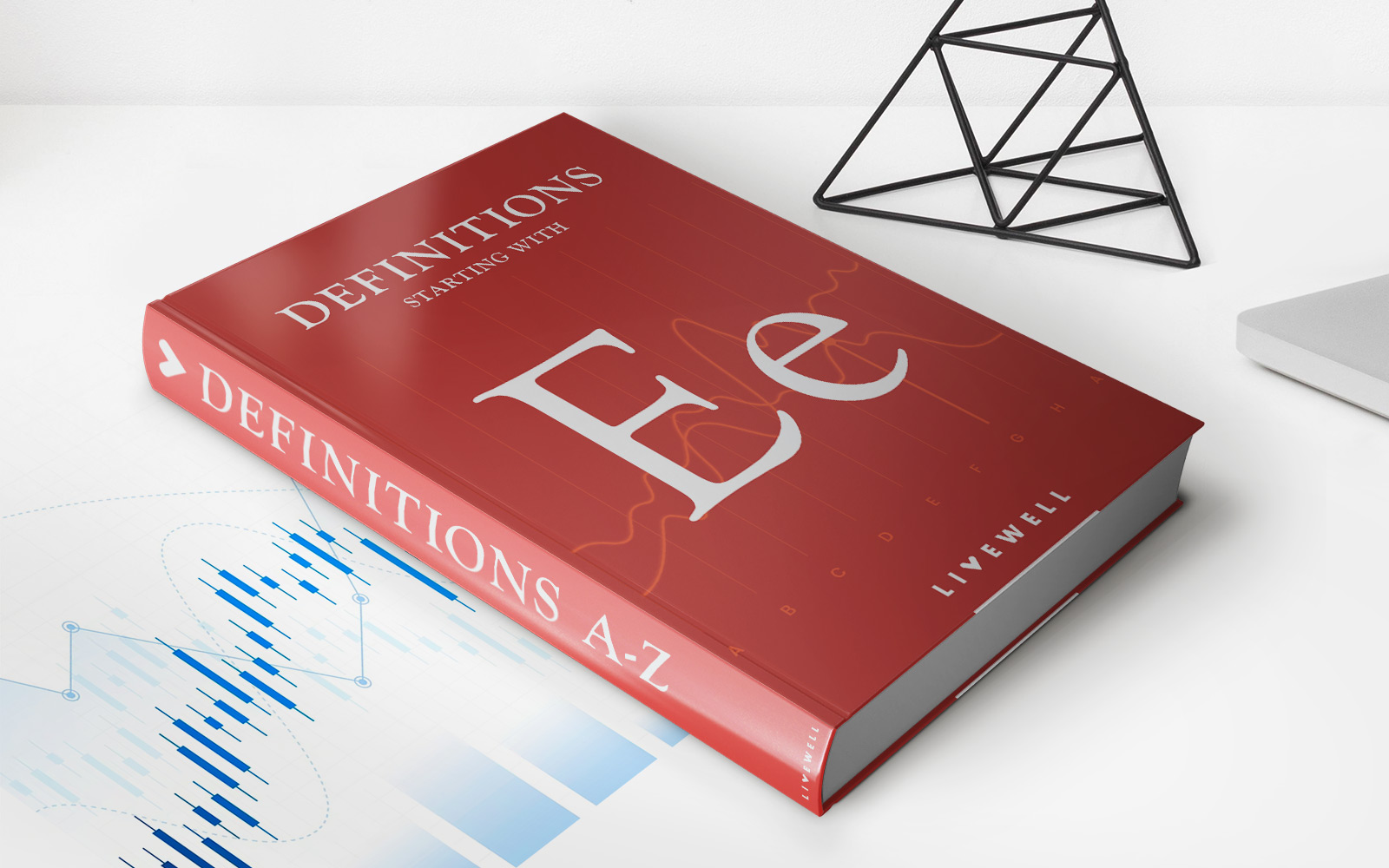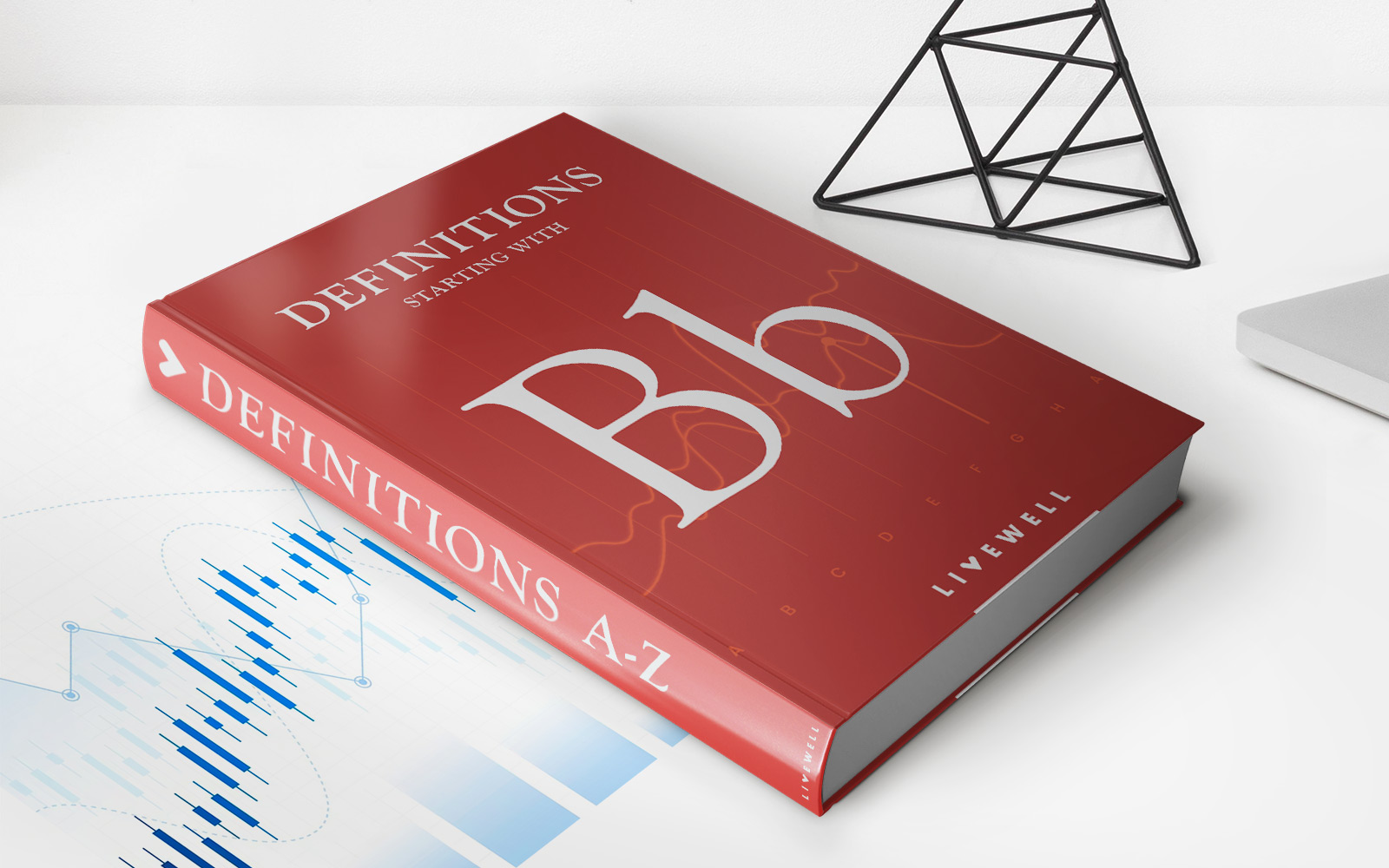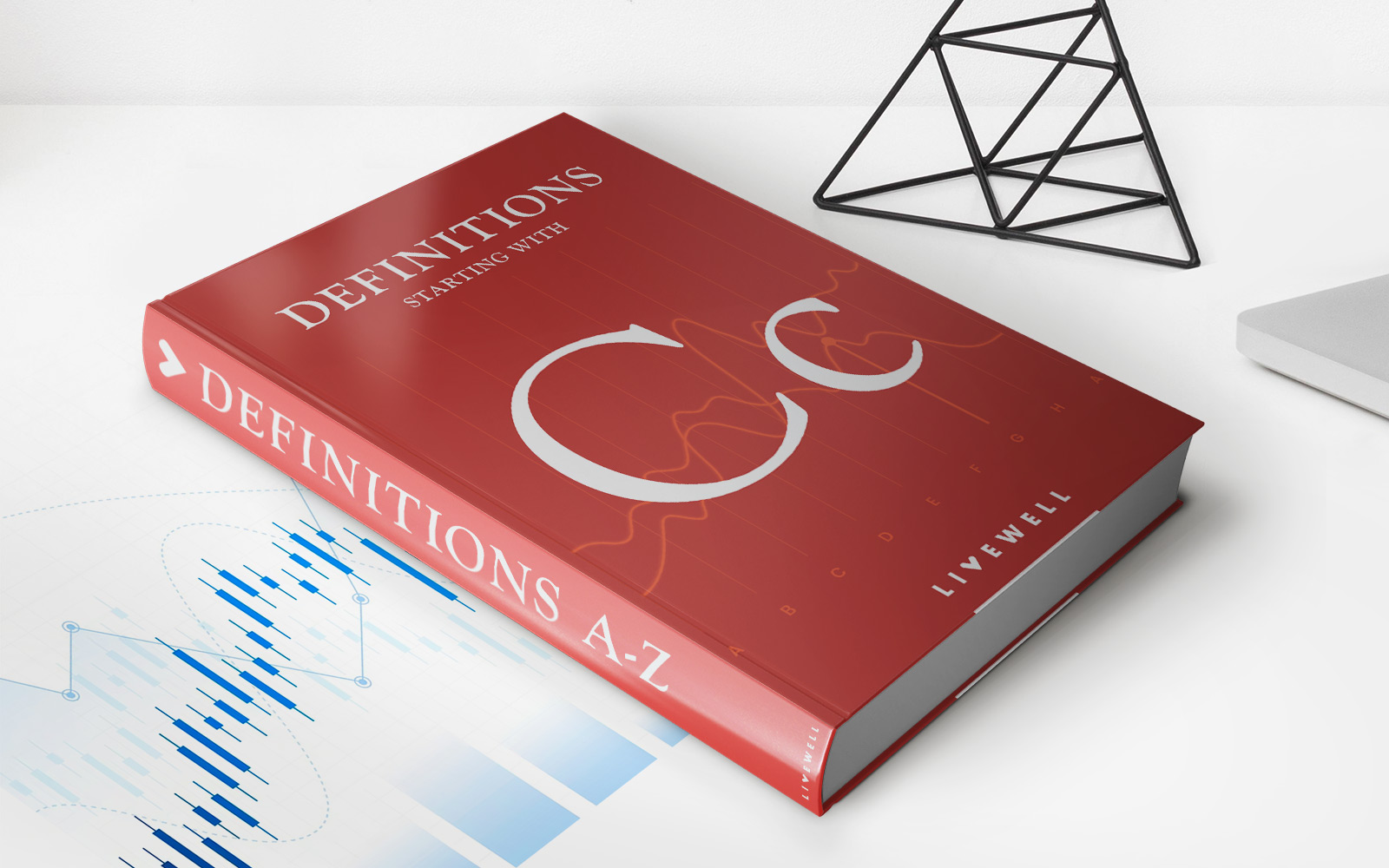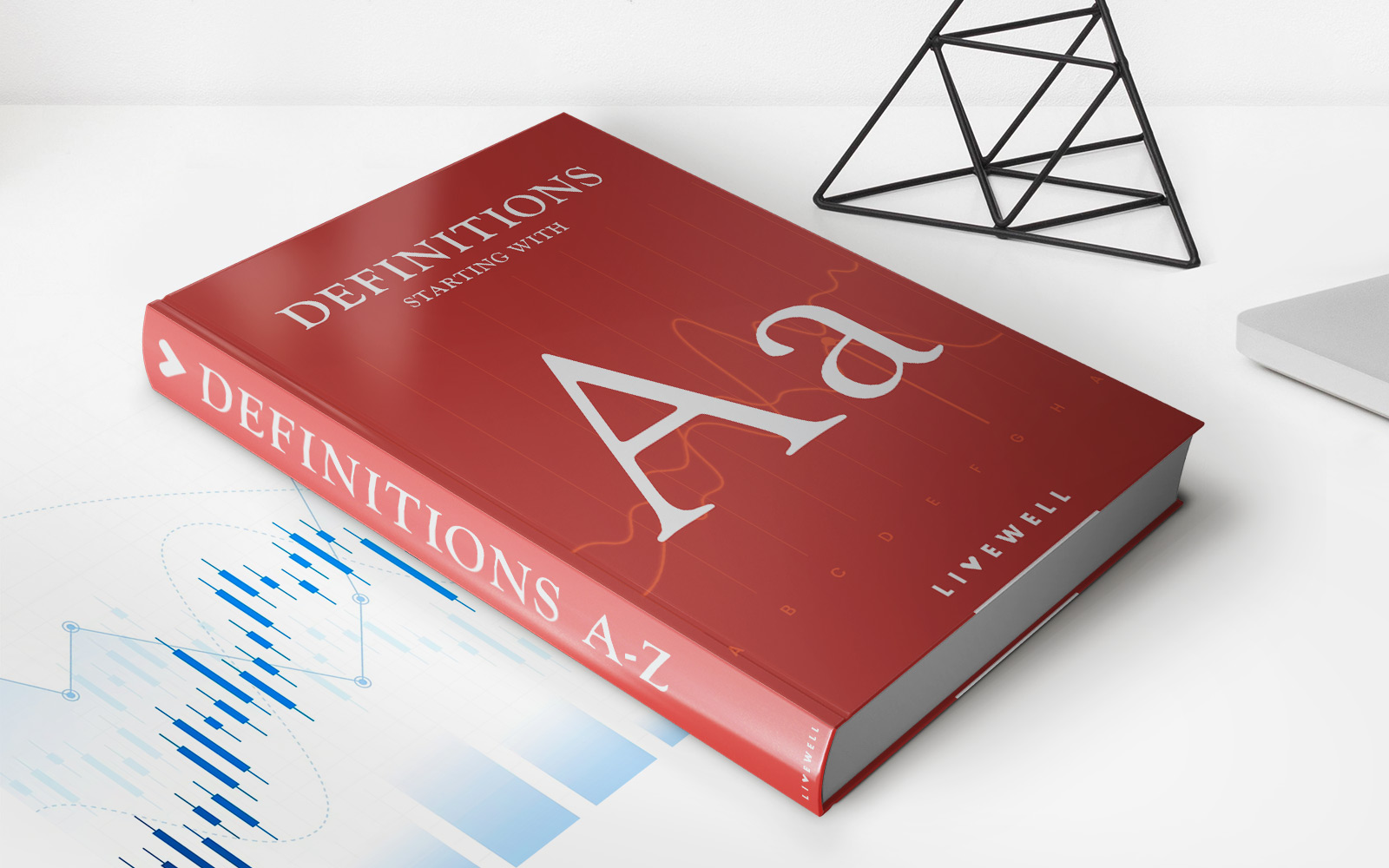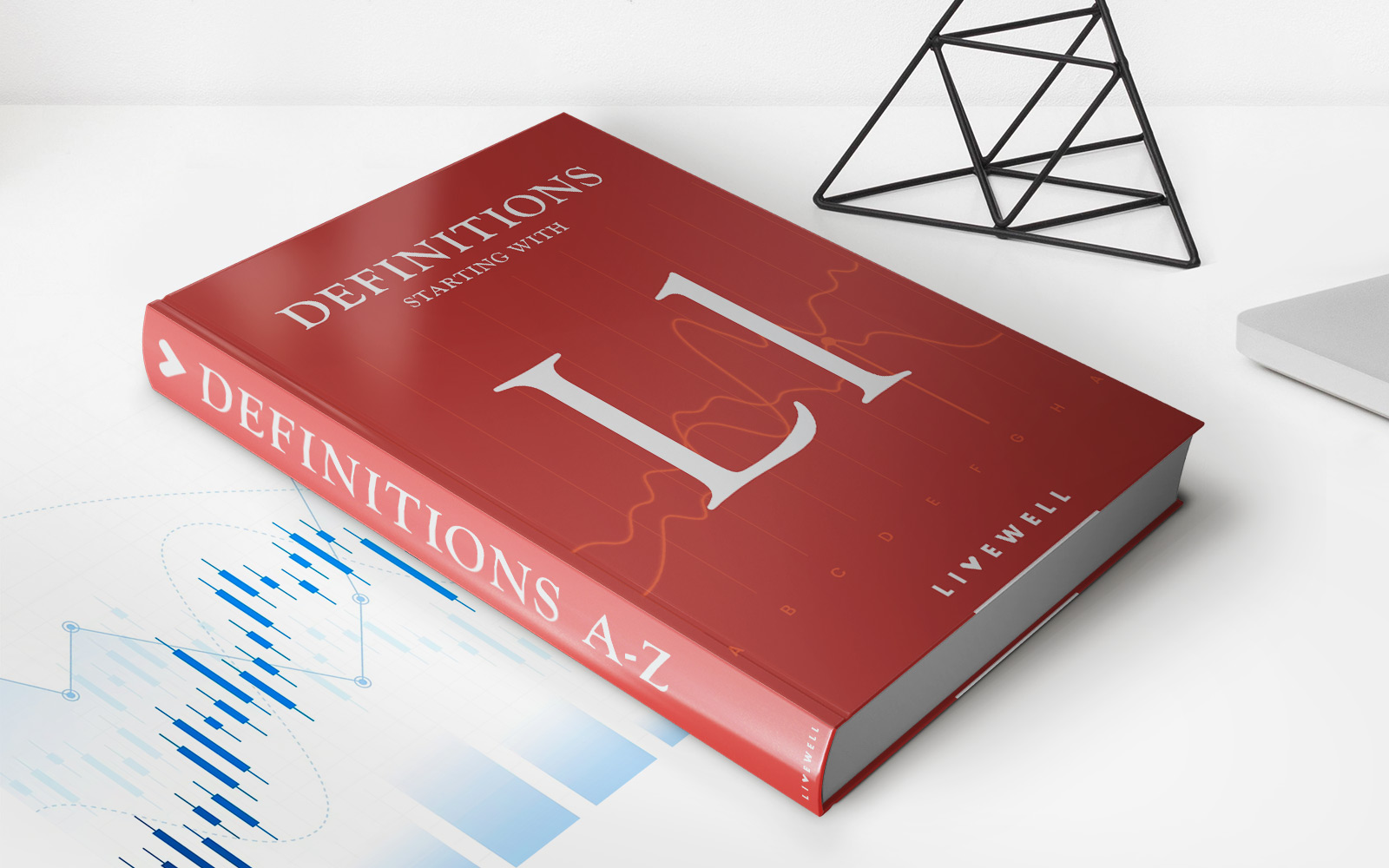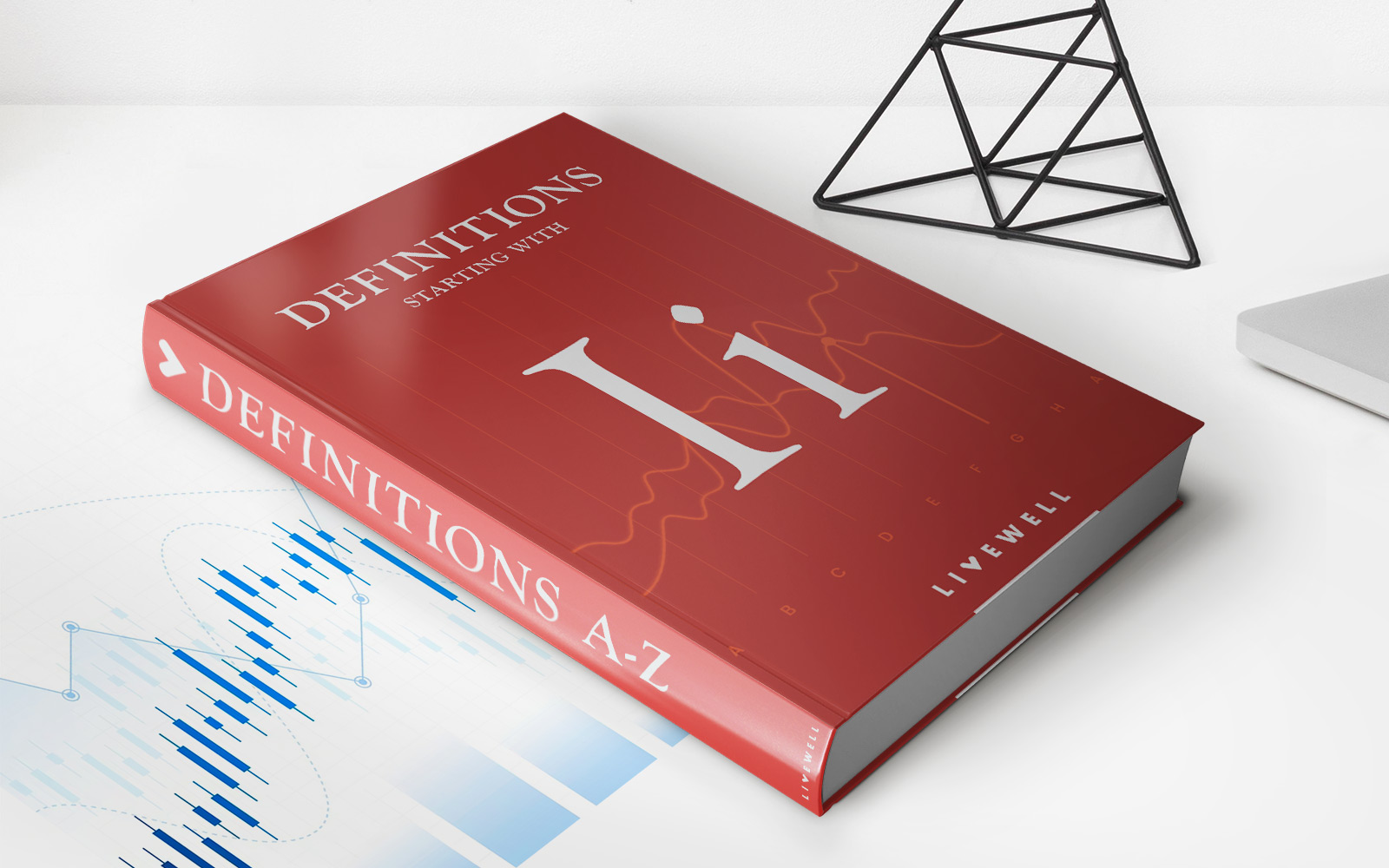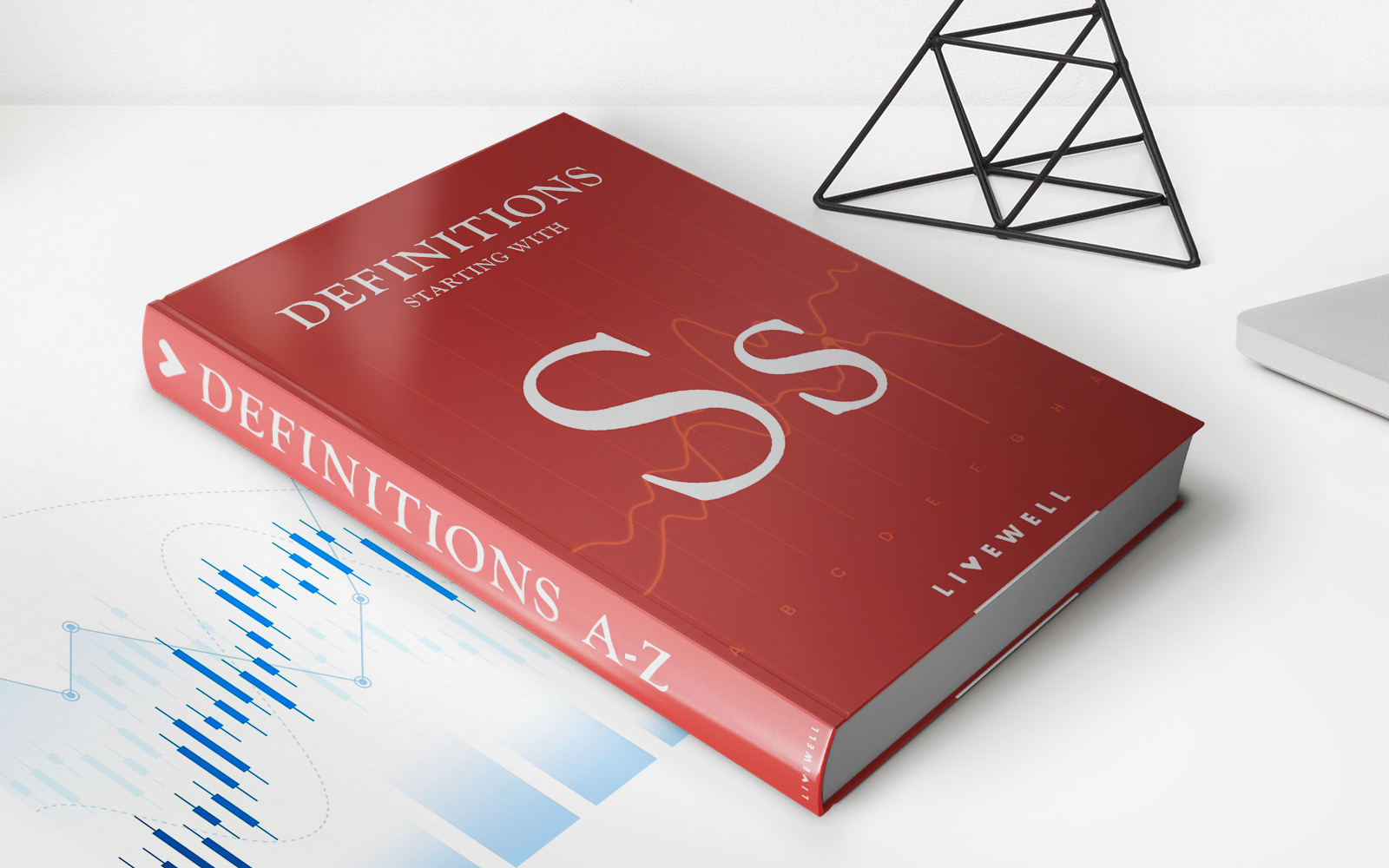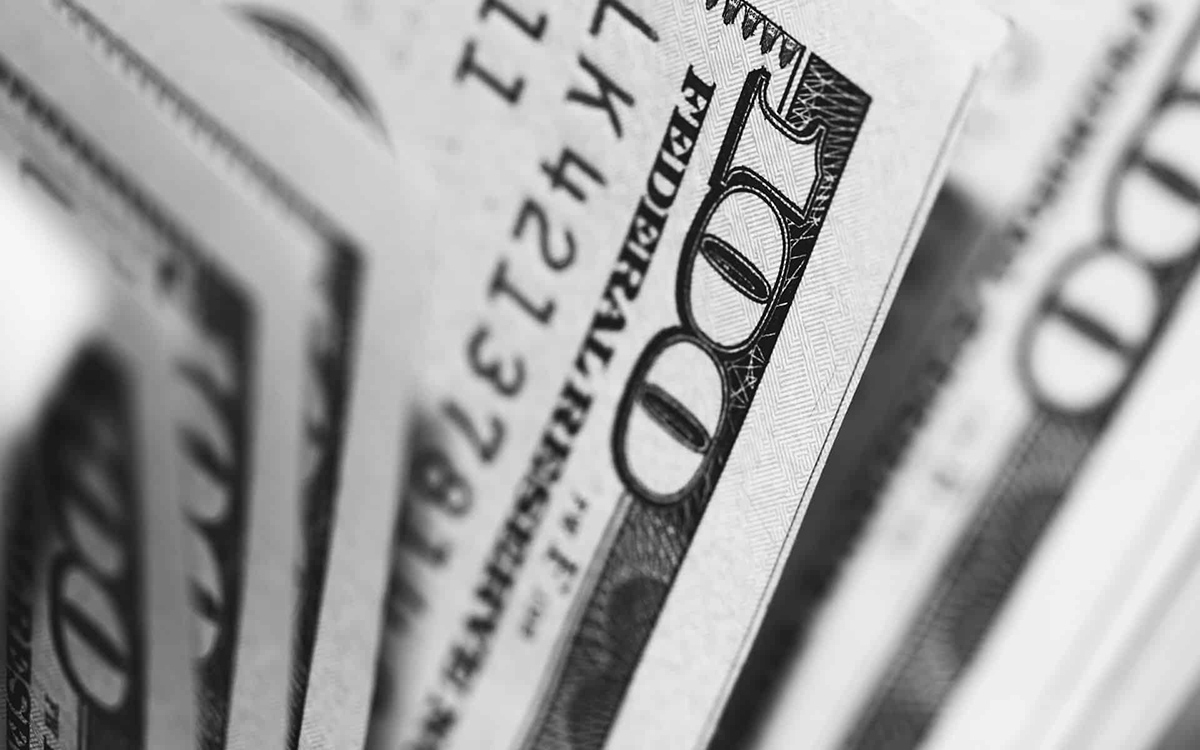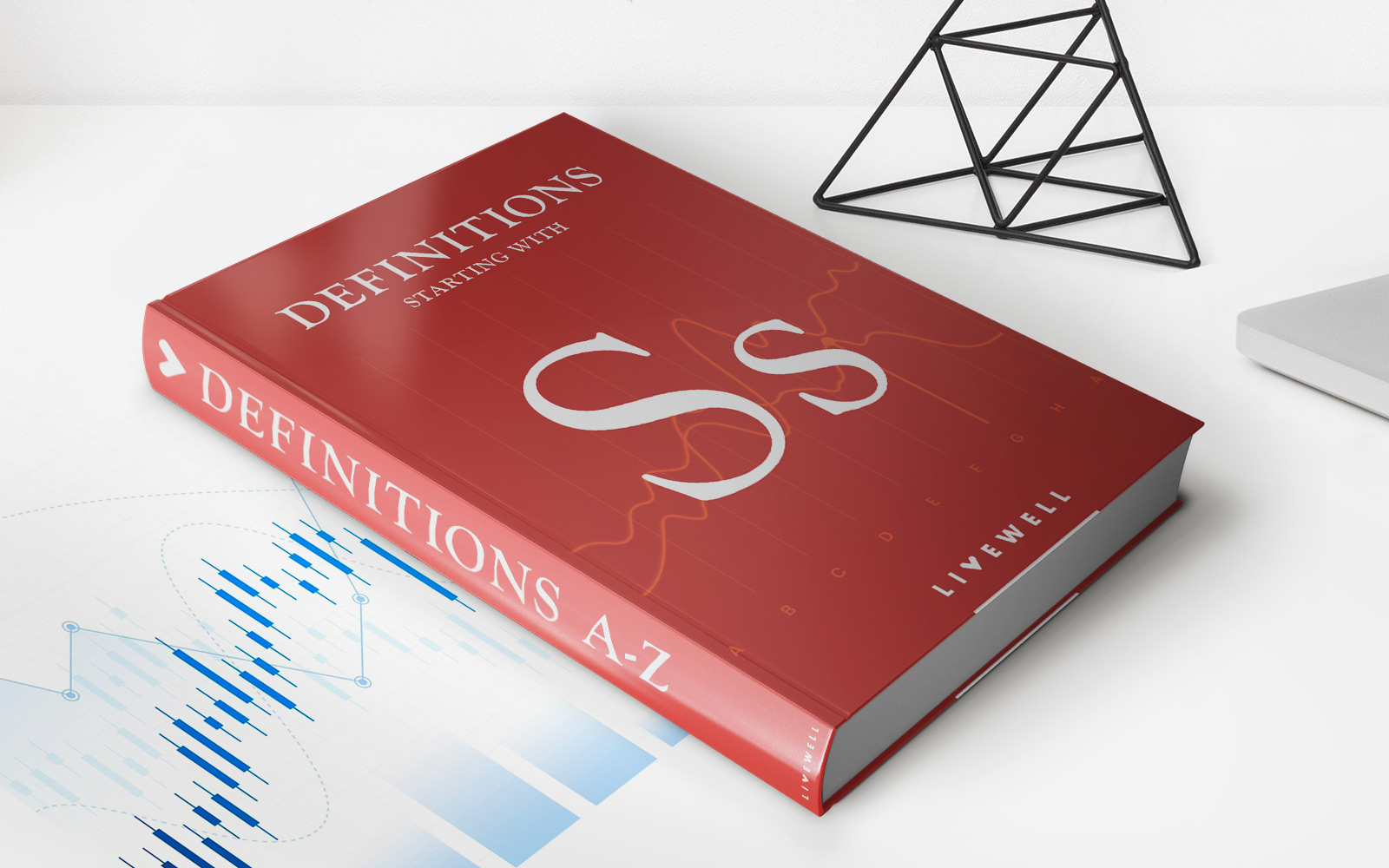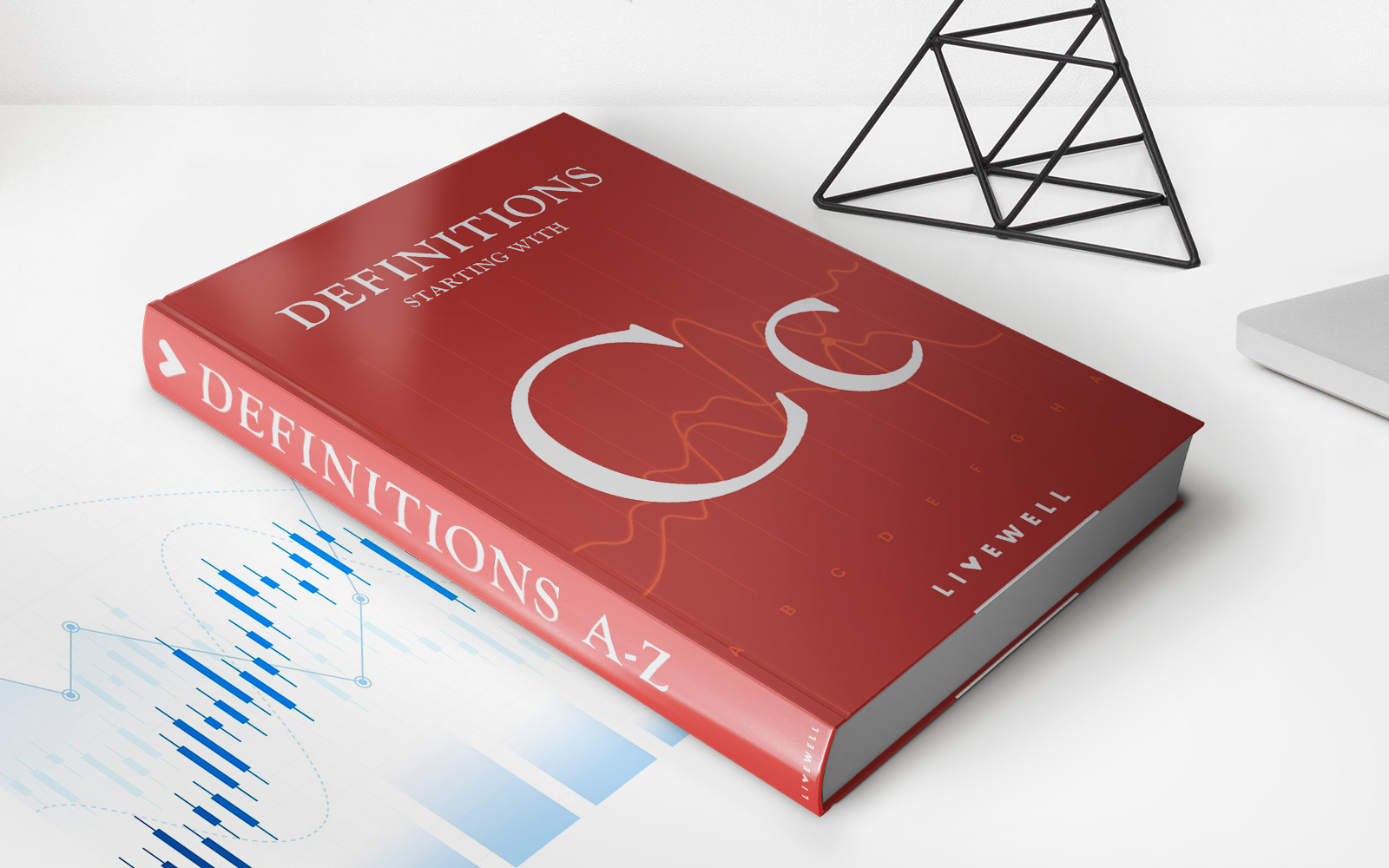Home>Finance>Index Of Economic Freedom: Definition, Factors, And How It’s Used
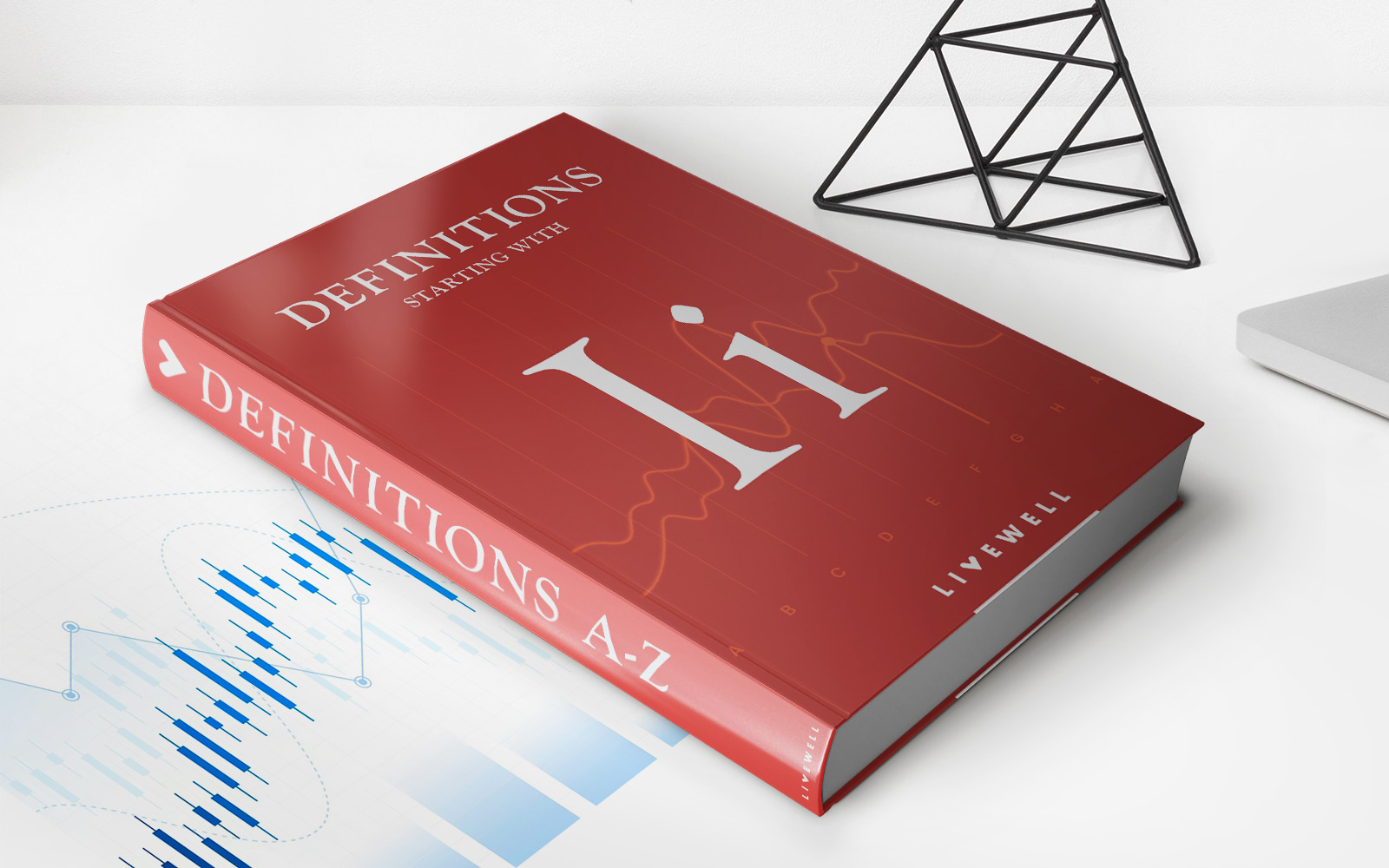

Finance
Index Of Economic Freedom: Definition, Factors, And How It’s Used
Published: December 8, 2023
Learn about the Index of Economic Freedom in finance, its definition, key factors, and how it is utilized to gauge economic stability and growth.
(Many of the links in this article redirect to a specific reviewed product. Your purchase of these products through affiliate links helps to generate commission for LiveWell, at no extra cost. Learn more)
Index of Economic Freedom: Definition, Factors, and How It’s Used
Welcome to our Finance category! In today’s blog post, we will be diving into the intriguing world of the Index of Economic Freedom, exploring its definition, the factors that influence it, and how this index is used to measure economic prosperity. So, if you’re ready to expand your knowledge and become more familiar with this important economic measurement, keep on reading!
Key Takeaways:
- The Index of Economic Freedom measures the degree to which a country’s economy is driven by free trade, regulations, property rights, and the rule of law.
- Countries with higher scores on the index are often associated with greater economic prosperity and improved living conditions for their citizens.
Now, let’s get into the details. The Index of Economic Freedom, published annually by The Heritage Foundation, is a comprehensive measurement that evaluates the economic freedom of countries around the world. The index takes into account various factors that contribute to economic freedom, such as the presence of free trade, property rights protection, the level of government regulations, and the strength of the rule of law.
With these factors in mind, the Index of Economic Freedom provides a numerical score for each country, ranking them on a scale from 0 to 100, where higher scores indicate greater economic freedom. This score is divided into four categories: free, mostly free, moderately free, and mostly unfree, providing a clear indication of a country’s economic policies and their impact on businesses and individuals.
So, why does the Index of Economic Freedom matter? Well, there are several key reasons why this index holds great significance:
1. Measurement of Economic Prosperity:
The Index of Economic Freedom serves as a useful tool to measure the economic health and prosperity of a nation. High scores on the index are often associated with stronger economic growth, higher income levels, and an improved standard of living for citizens. On the other hand, countries with low scores may face challenges such as slow economic growth, high unemployment rates, and limited opportunities for businesses and individuals.
2. Attraction of Investments:
Investors and businesses often look to the Index of Economic Freedom to assess the investment climate in different countries. Higher scores on the index indicate a favorable business environment, with less government intervention and greater protection of property rights. This attracts both domestic and foreign investments, spurring economic development and creating job opportunities.
In conclusion, the Index of Economic Freedom is a valuable tool in understanding a country’s economic landscape. It provides insights into the degree of economic freedom and measures the impact of policies on business and individuals. By analyzing this index, policymakers, investors, and individuals can make informed decisions that promote economic growth and prosperity.
We hope this blog post has shed light on the significance of the Index of Economic Freedom and how it plays a vital role in the world of finance. Stay tuned for more finance-related content!
